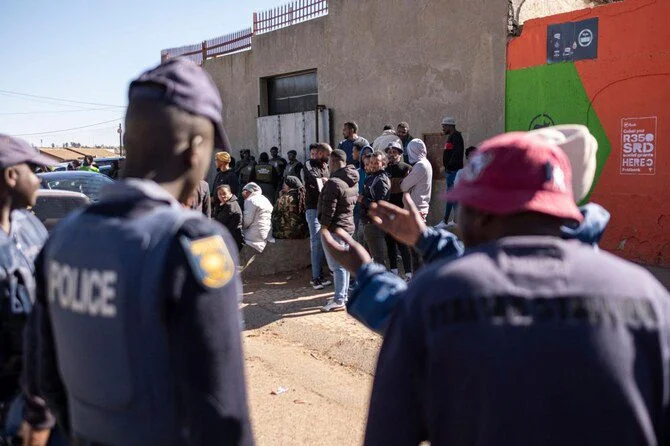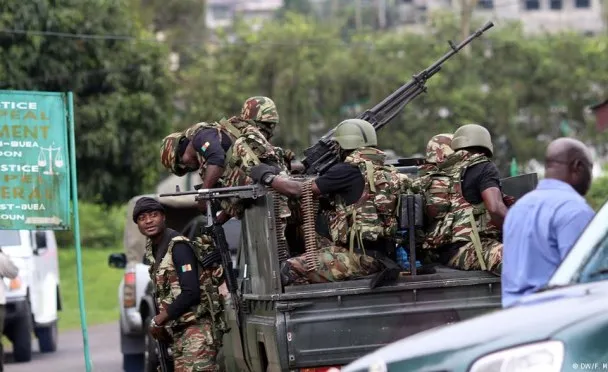South African prosecutors have withdrawn charges against 95 Libyan nationals who were arrested last month at what authorities described as an illegal military training camp in Mpumalanga province. Officials announced the decision on Thursday.
The police had claimed that the men, who entered South Africa on study visas, were undergoing military training at the camp, where firearms and ammunition were seized during a high-profile police raid. However, during their initial court appearances, the accused maintained that they were receiving security training.
The National Prosecuting Authority (NPA) stated that there was insufficient evidence to proceed with charges. “The only charge that was brought to the NPA was for violating the immigration act,” said NPA spokesperson Monica Nyuswa.
The Libyan nationals were charged solely with immigration violations. Following the withdrawal of charges, their lawyer indicated that they expect the men to be deported back to Libya within the next 48 hours.
The individuals have now been handed over to immigration officials and reiterated through their legal representation that their purpose in South Africa was for security training.
“They are very pleased that the charges have been dropped, as this was what we anticipated. We believe the matter regarding the alleged military training is still under investigation, but as far as we know, they were involved in security training,” stated their lawyer, Nico du Plessis.
The withdrawal of charges marks a significant development in a case that attracted considerable media attention. The arrest of the Libyan nationals raised concerns about illegal military activities and security implications in the region.
Authorities had initially expressed alarm over the presence of the men at the camp, which they claimed operated outside the law. The discovery of firearms and ammunition during the police raid fueled suspicions and heightened public interest in the case.
As the situation evolves, it remains unclear whether any further investigations will be conducted regarding the camp or the activities of those involved. Both South African and Libyan officials may need to address the broader implications of such training programs and the potential risks associated with them.
Meanwhile, the lawyer for the Libyan nationals emphasized their clients’ relief at the withdrawal of charges and the focus on their impending return to Libya. The case has sparked discussions about the challenges of managing immigration and security in a global context, especially as countries navigate the complexities of training and migration.
In summary, while the immediate legal challenges have been resolved for the 95 Libyan nationals, the underlying issues related to security training and immigration remain pertinent in the ongoing discourse surrounding national safety and international cooperation.






















